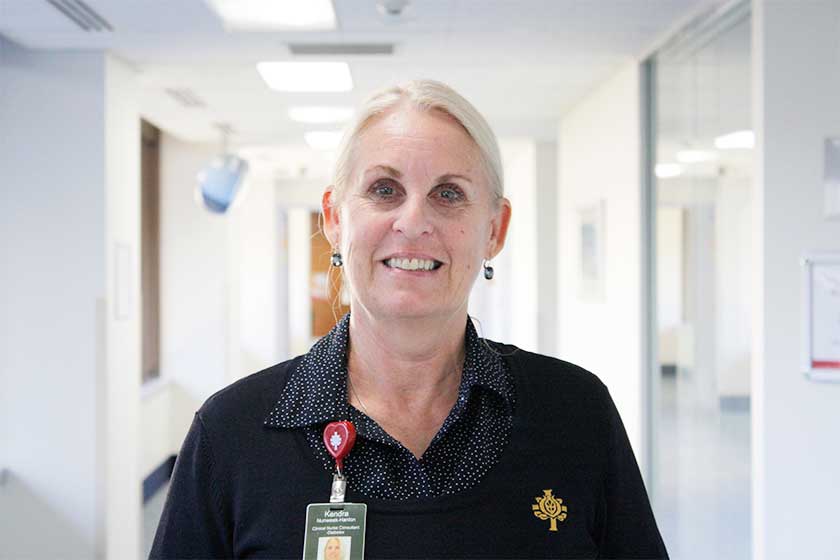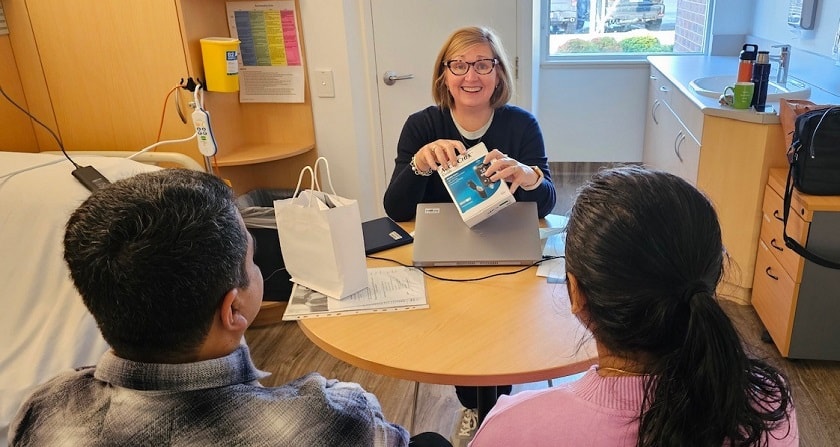“Self-management involves researching the condition, talking to the experts, keeping up with the latest information and finding out for yourself what works best for you and your body. Everyone is different and there is no-one-size-fits-all approach that works for everyone,” says Kendra.
Below is Kendra’s top five tips for taking back control of your diabetes management.
1. Seek assistance from a diabetes educator and dietitian at your diagnosis.
A diabetes educator or dietitian is best placed to help you navigate the waters when you are initially diagnosed with diabetes.They will give you all the information you need and can answer any questions you may have about the condition.
2. Learn as much as possible about the type of diabetes you have and take your medications as prescribed.
Knowledge is power.It’s amazing how many people have no idea what type of diabetes they have or blindly follow set dietary or medication advice they were told many years ago.
Diabetes education has changed significantly over the years and we do not give set dietary or medication advice anymore. We encourage people to learn about their condition and find out what works best for them.
3. Have regular check-ups with your diabetes team to minimise risk of long-term complications.
In the same way you may get your eyes tested or your teeth cleaned every year, make an appointment to see your general practitioner (GP) or diabetes team for a check-up.Just because you feel alright, doesn’t mean everything is fine, and there may be something going on in your body that you are unaware of.
4. Look after your feet. Try to check your feet daily and see a podiatrist if you have any problems.
High blood glucose levels can lead to nerve damage in your feet.This means you may lose feeling in your feet, experience numbness or have pins and needles.
Check your feet on a regular basis, wear good shoes and if you have any problems, see a podiatrist who can do a foot assessment.
5. Living with a chronic condition is not easy. Seek assistance from a diabetes health professional if you feel unable to cope.
It’s natural to experience burn-out when living with a chronic condition.The best thing you can do is speak to your diabetes health professional or GP so they can help you get the support you need.







